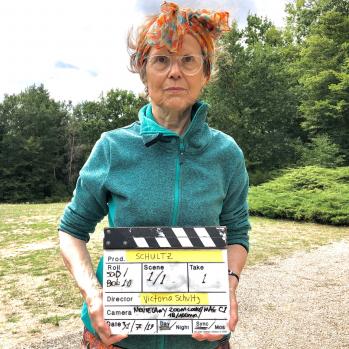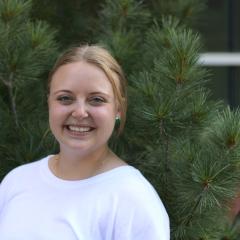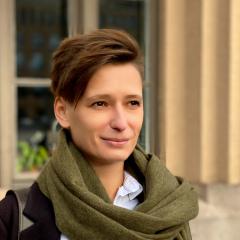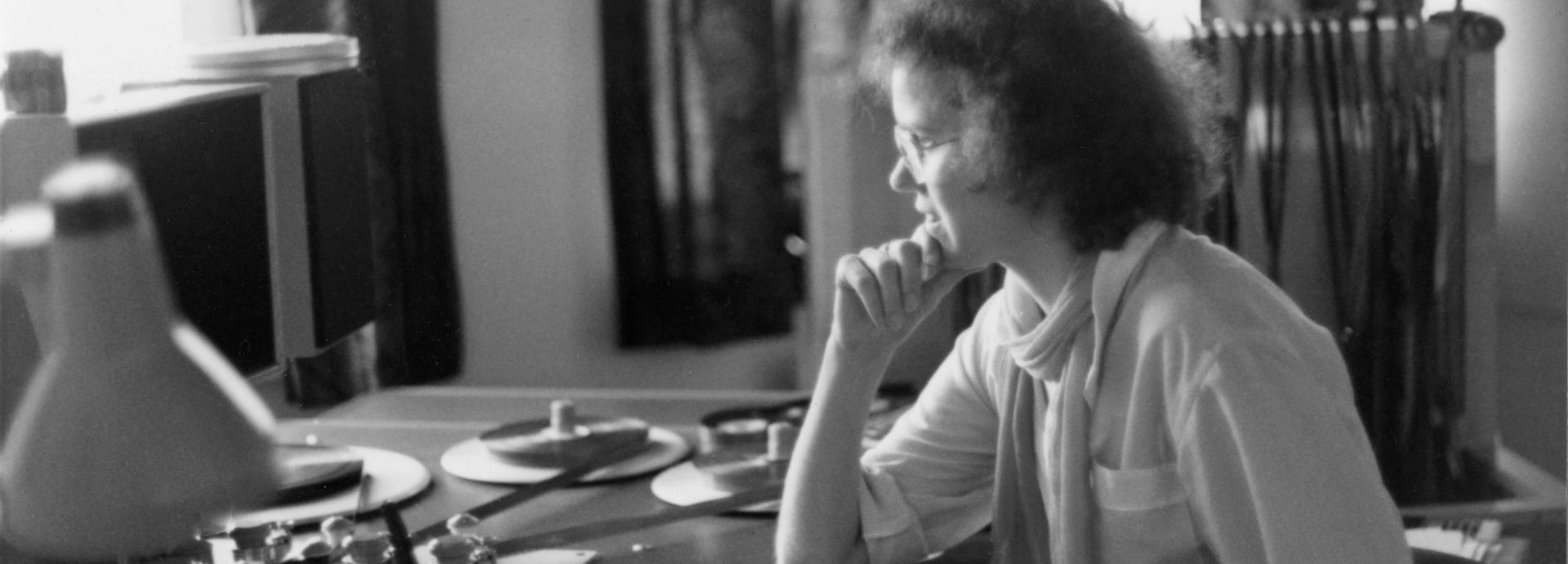

I had applied to study audio-visual journalism in the U.S., since in my homeland it was not taught on an academic level. To my delight, the prestigious Graduate School of Journalism at Columbia University accepted me for its one-year program.
I chose film-related classes at Columbia. In one, I acquired the skills needed to produce documentaries. In another, I wrote movie reviews under the supervision of noted film critic Judith Crist. I attended lectures on the history of cinema. A photo I took of New York's Mayor John Lindsay was exhibited at the year's end.
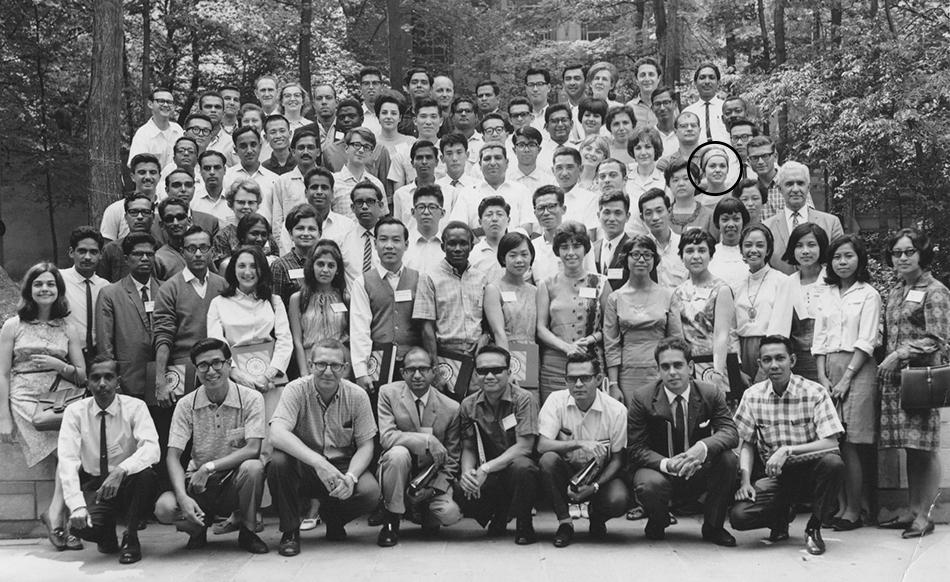
Once I had graduated from Columbia, I became a radio reporter in New York sending stories in both Finnish and Swedish to Finland. My voice became so familiar there that on a visit home a bank teller didn’t ask my name, she just said “Victoria Schultz, New York.”
Many decades later, after the Soviet Union had collapsed, I met Russians and Estonians who told me that, when Eastern Europe sealed off news from the West, they had secretly listened to my radio reports to learn about America. I was surprised and pleased that I had contributed to expanding information behind the “iron curtain.”
In 1975 I produced my first independent film, a documentary on the joyful celebration in New York's Central Park at the end of the Vietnam war. When the film was broadcast both in New York and in Finland, I felt I had grown wings with which to fly as a reporter and producer.
With my increased confidence, I travelled throughout Latin America in the late 1970's. I made a documentary on Argentina where students and workers by the thousands had disappeared into torture chambers. Not long ago, a historian and a filmmaker from Argentina contacted me about the film. They wanted to know how I had dared to produce it in an atmosphere of oppression. I told them I had felt it was my duty as a journalist to show how people suffered under tyranny.
My next stop in Latin America was the extraordinary revolution in Nicaragua that overthrew the country's dictator in 1979. I made a documentary on the women involved in that successful campaign, and Women in Arms is still being shown today.
"I had grown from my humble beginnings as a journalism student to a professional filmmaker producing major documentaries on topics ranging from disarmament to human rights."
In 1989 I joined the United Nations as a producer of documentaries. I was chosen for this responsible post thanks to my experience as a filmmaker and also because I had a Master's Degree in Journalism from Columbia University. One day as I entered the UN headquarters, I realized it was located across the street from the International Institute of Education where twenty-two years earlier I had registered as an ASLA-Fulbright Graduate student. I had grown from my humble beginnings as a journalism student to a professional filmmaker producing major documentaries on topics ranging from disarmament to human rights. These films were broadcast worldwide on TV, as were my news reports for CNN. I also spent two years at the UN Mission in Kosovo as senior TV producer.
After I retired from the United Nations, I turned to my own life as the subject matter for the photo series and independent films I now produce. My photos are in the French National Library and a short film is in the collection of the Heino Art Foundation in Finland. I am currently producing You Never Know, a feature film combining autobiography and the history of my homeland. It will be completed by the end of 2020.
